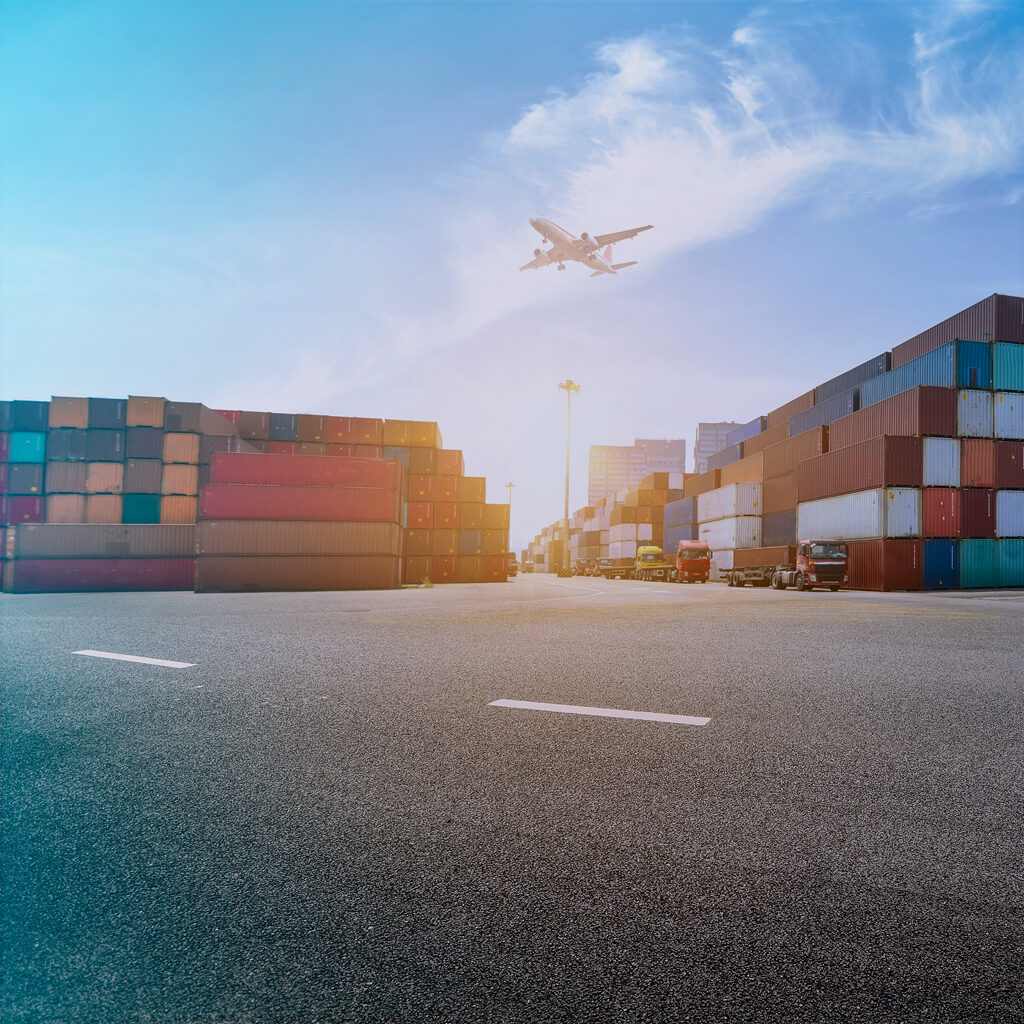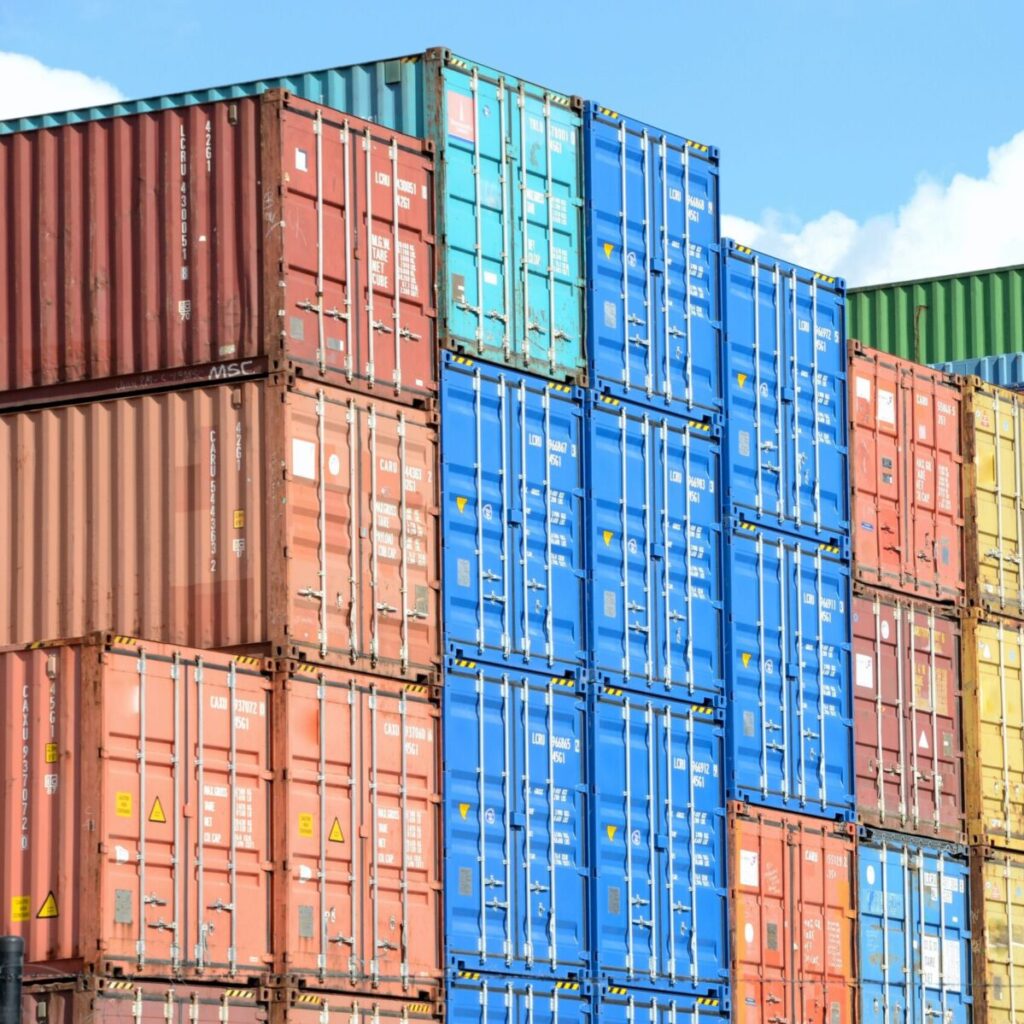The Coronavirus pandemic has affected every sector of the global economy. Some businesses have had to shut their doors for an undetermined time, while others had to reinvent themselves to be able to meet changes in demand. This has been especially true for those serving essential service providers in order to ensure a working supply chain for food and medicine.
We are all aware of the urgency of that medication and supplies can reach hospitals in time those suffering from Covid-19 and other illnesses, as well as the need to ensure that grocery shelves remain stocked to provide fresh produce and other food items for families that are isolated at home. This has led to an increase in the demand for highly complex logistics solutions, as these products often have short shelf-lives and are vulnerable to changes in temperature, humidity, and other environmental factors. Thankfully, logistics providers have stepped up to support companies operating in these sectors.
Logistics companies are responsible for managing and planning the transportation of goods, both domestically and internationally, within existing regulatory structures so that products are to get to their final destination in a short amount of time. This process involves a number of steps, including providing adequate storage in warehouses, securing specific forms of transportation, and ensuring the products reach the final consumer.
The pandemic has imposed new obstacles for logistics companies to overcome. First, this is a global crisis that has limited the availability of flights and other methods of transportation as airlines and other service providers react to global shutdowns and the spread of the virus. As the demand for essential goods has increased during the course of the pandemic, this shortage has led to drastic increases in pricing and disruptions in existing supply chains, a particular issue for perishable products which require special attention and care during transportation as well as strict timelines due to their shorter shelf-lives. forcing logistics providers to seek alternative transportation methods and strategies to ensure their customers’ cargo reaches its intended destination.
Second, a number of governments have reacted to the crisis by enacting export restrictions in an effort to keep essential goods within their borders, resulting in a lack of raw materials for medical and other products. For example, India’s export restrictions, in tandem with their strict stay-at-home procedures, have affected the production lines of at least 26 major pharmaceutical components used in a number of medical applications.
Thankfully, logistics companies have an advantage in facing these challenges and meeting the market’s demands due to the intrinsic flexibility of those in the industry. Logistics in this time of pandemic is being reinvented every day in order to minimize the devastation caused by the disease. Thus, despite the development of new obstacles, solutions have been found to ensure that the global supply chain for essential products has continued to function.





